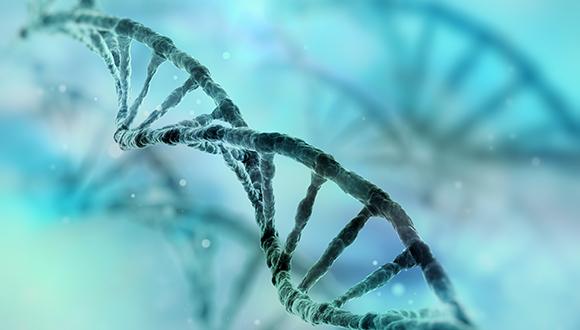סמינר המחלקה להנדסה ביו רפואית הרצאת אורח של ד"ר בן מעוז
Organs-On-a-Chip: A New Tool for the Study of Human Physiology
Ben M. Maoz
Wyss Fellow – Harvard University
Micro-engineered cell culture models, termed Organs-on-Chips, have emerged as a new tool to
recapitulate human physiology and drug responses. Multiple studies and research programs have shown that Organs-on-Chips can capture the multicellular architectures, vascular-parenchymal tissue interfaces, chemical gradients, mechanical cues, and vascular perfusion of the body. Accordingly, these models can reproduce tissue and organ functionality and mimic human disease states to an extent thus far unattainable with conventional 2D or 3D culture systems. Here we exploit the micro-engineering technology in a novel system-level approach to decompose the integrated functions of the neurovascular unit into individual cellular compartments, while retaining their paracellular metabolic coupling. Using individual, fluidically-connected chip units, we have created a system that models influx and efflux functions of the brain vasculature and the metabolic interaction with the brain parenchyma. Results of proteomic and metabolic assays indicate that this system mimics the effect of intravascular administration of the psychoactive drug methamphetamine observed in vivo. Moreover, this model reveals a previously unknown role of the brain endothelium in neural cell metabolism: In addition to its well-established functions in metabolic transport, the brain endothelium secretes metabolites that are directly utilized by neurons. This discovery would have been impossible to achieve using conventional in vitro or in vivo
measurements.
ההרצאה תתקיים ביום ראשון 24.12.17, בשעה 14:00
בחדר 315, הבניין הרב תחומי, אוניברסיטת תל אביב


